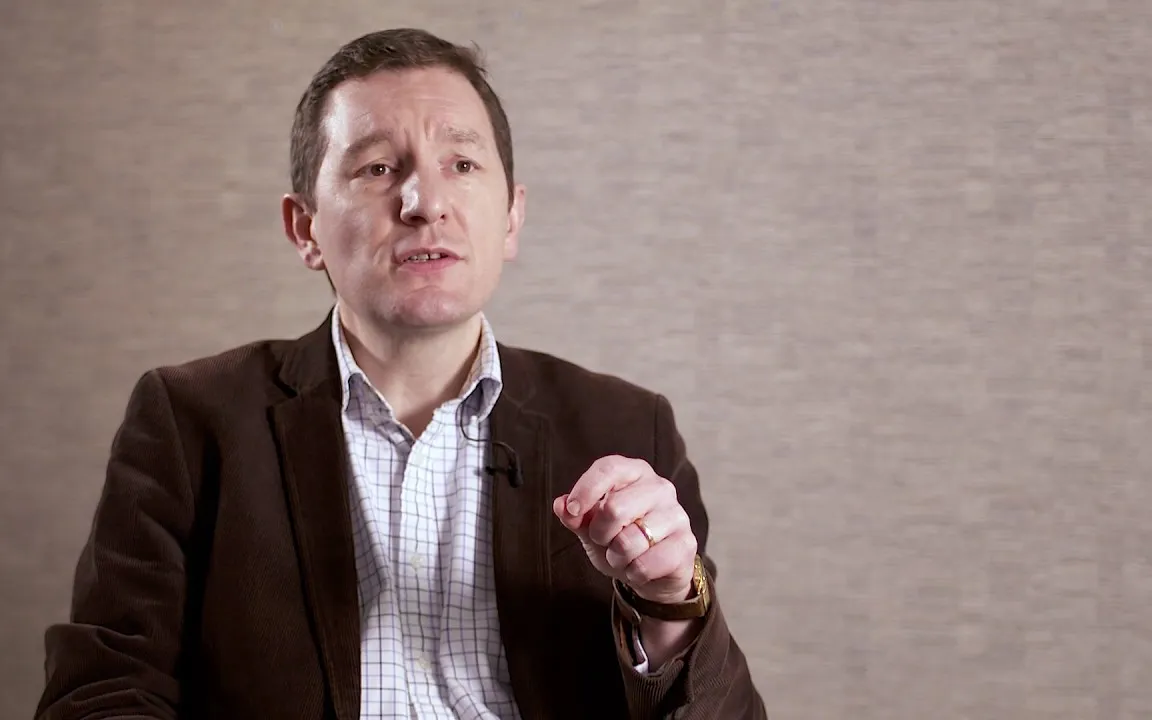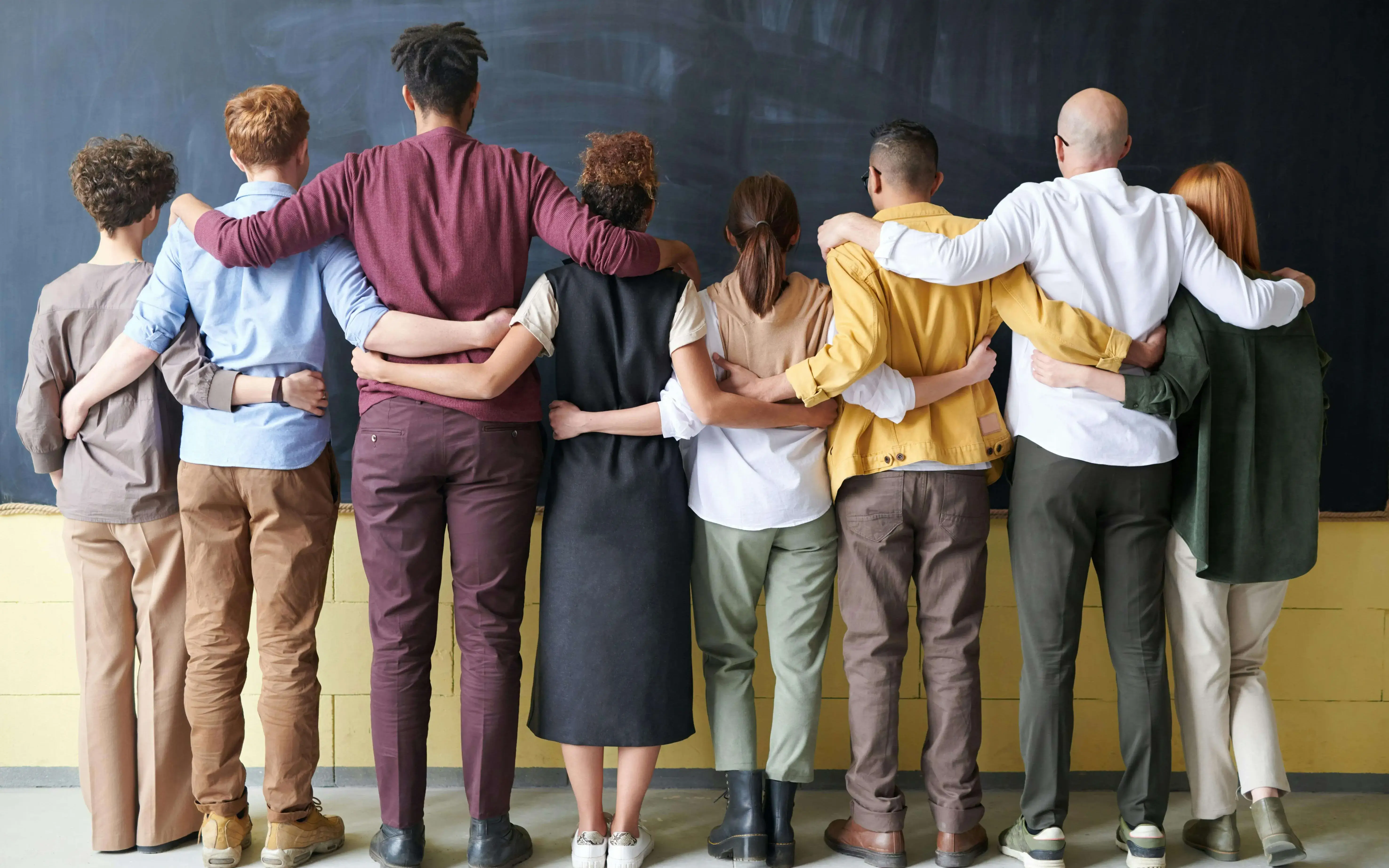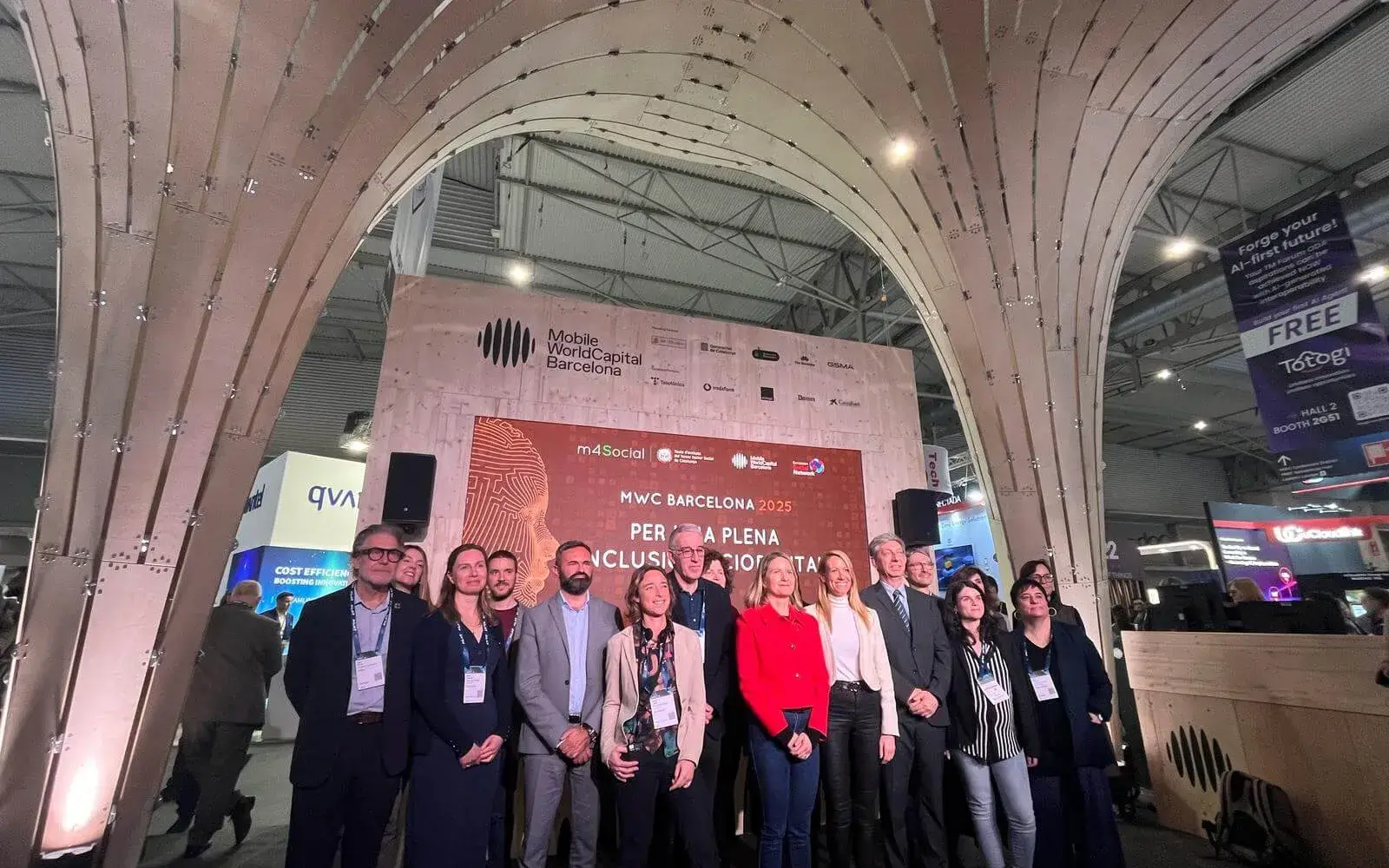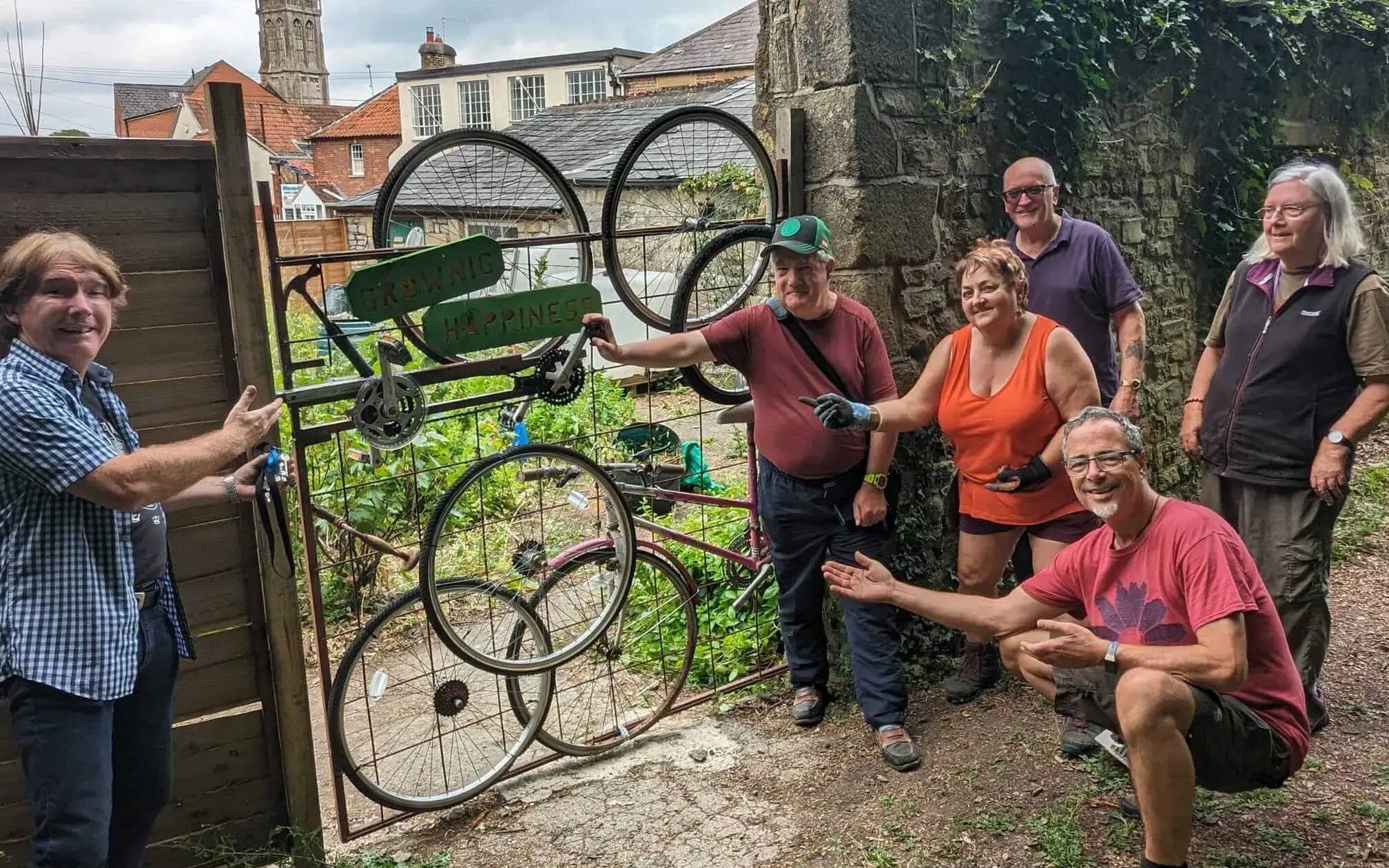Cormac Rusell, a social explorer from Ireland, explains us how cooperating and growing as a community can improve our health and social and environmental well-being.
Cormac Rusell will participate in the 7th congress of the third sector social from which will take place in Catalonia on 15 and 16 June. He will give his opinion on how we should think our social polices foccusing on the person and the importance of the community regarding the social reconstruction.
I have seen you will participate in the third sector congress as an expert in social reconstruction from community aid and on social policies. What do you expect from the congress?
In first place, I think that it will open up an important dialogue about the value of a capacity-oriented perspective about individuals; their networks and the institutions that are meant to support them and supplement their capacities.
In second place, I expect a healthy conversation about the relationship between civil society, public sector and private sector institutions.
Of course, I also have in mind a discussion about the important of geographic communities an social justice and inclusion of peoples and groups at the margins.
What do you hope to contribute?
I hope to contribute to all of these areas which are basic principles that put the citizen and their associations as central actors in creating civil society, not just passive consumers of services.
I would also like to emphasize the importance of the neighborhood as a primary unit of change and to demonstrate the value of start I get with what is strong within communities, not with what’s wrong.
At the conference you will also talk about the importance of foccusing on the person when thinking about social policies. Why is it so important to build these policies in this way?
Thinking about the person as citizen and neighbour with contributions to make towards others defines them as creators with agency, not as passive receivers with no power. This is a more respectful way to work. We will not lift people up by putting them down with labels.
Regarding the social reconstruction of the community, why is it important to encourage the involvement and contribution of the community?
Because there are key functions like wellbeing, freedom, care or local environmental stewardship that communities perform in creating a caring society that can’t be performed by institutions in a top down instrumental way.
How could it be encouraged?
One way to encourage the community would be by funding community builder who have the skills to do the connecting work at neighborhood level.
Another option could be changing funding arrangements to encourage more civic involvement. or training professionals to work in more asset-based community development approach and less in deficit-based approaches.
What are, in your opinion, the current challenges?
The system is geared toward top-down approaches rather than ground up community approaches. Also many citizens assume that their health is in the hands of a doctor as well as their security in the hands of police officers and so on.
We would argue that communities also have significant power. When the two are combined in right relationship much can be achieved.
How do you see community support for social reconstruction in ten years?
Much more place based. The world is coming to recognize the value of local ground up solutions. We must support these; it will not just happen.
For a short article on these thoughts, you can read ‘From what’s wrong to what’s strong: A guide to community-driven development’ which includes references to Rusell’s thoughts.
If you want to have more information about how to support the community participation during the pandèmic, you can click in here to visit Russell’s article.







Add new comment